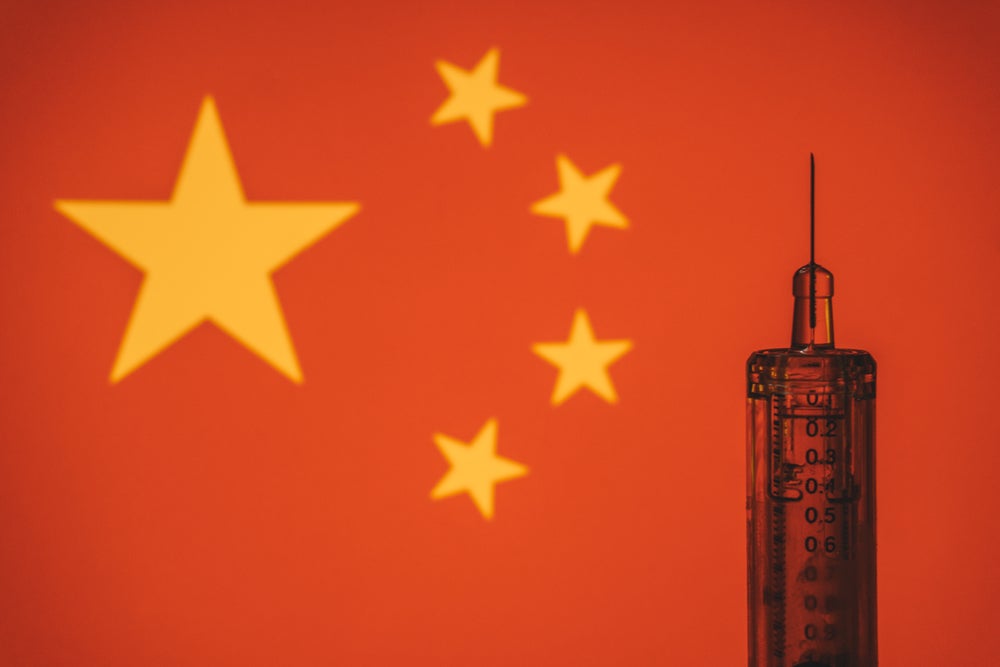An amendment to the US BIOSECURE bill will allow existing contracts with Chinese companies to be “grandfathered” in for eight years, reducing disruption to pharma supply chains. [A grandfather clause exempts certain pre-existing classes of people or things from the requirements of a piece of legislation].
The bill aims to prevent US companies from working with Chinese biotechs: see Global Data’s BIOSECURE Bill Targets More Chinese Companies as Biotechs and Their Customers Adapt to Defunding, and BIOSECURE Act Could Impact WuXi-Manufactured Drugs for the US Market.
On 15 May 2024, the US House Committee on Oversight and Accountability voted 40 to 1 to advance the BIOSECURE Act to the full US House of Representatives’ floor, with amendments that allow existing contracts with Chinese “companies of concern” to continue until 2032. A previous version of the bill would have denied federal funding or contracts to firms that had deals with certain named Chinese biotechs.
BIO, the biotech industry lobbying group, welcomed the amendments and stated that the eight-year “grandfather” clause provides a “reasonable timeframe” for pharma to cut ties with the Chinese companies listed in the bill.
The latest amendments would also require the US government to review and update the list of companies of concern at least once a year. If new companies are added, contracts with these companies would have to end within five years.
The House committee claims the bill is necessary to protect American healthcare data from the Chinese government and prevent the companies from embedding into the US economy.

US Tariffs are shifting - will you react or anticipate?
Don’t let policy changes catch you off guard. Stay proactive with real-time data and expert analysis.
By GlobalDataSan Jose, California-based Complete Genomics, which is a subsidiary of the Shenzhen-based MGI, was quick to respond after the Oversight Committee voted to advance the legislation, stating that it was “disappointed” that it remained named in the post-amendment text. “Complete Genomics does not belong in the BIOSECURE Act in the first place,” said a statement by chief scientific officer Rade Drmanac, adding that the company is a manufacturer of genomic sequencing instruments without access to patients’ genetic data, and not a sequencing service provider. He added that “while the bill’s primary genomics target is BGI, Complete Genomics is no longer a BGI subsidiary and is instead a subsidiary of MGI, which went public in 2022.”
Drmanac claimed that the BIOSECURE bill will stifle innovation and deny US researchers access to the most efficient sequencers, giving an advantage to competitors based outside the US.
BIOSECURE: A gift and a curse for pharma manufacturers
China is one of the biggest active pharmaceutical ingredient (API) and antibiotics manufacturers globally and a major supplier to the US and the European Union. Worldwide manufacturing quality issues, low drug prices and distribution chain interruptions have already caused a severe drug shortage. Supply chain tensions with China could severely exacerbate pre-existing issues.
Since the introduction of the BIOSECURE Act in January 2024, most life science companies have not publicly commented on the legislation, although many have registered to lobby for the Act. The list includes major pharma companies such as Boston-based Vertex, California-based Amgen, Tokyo-based Takeda, UK-based AstraZeneca and Beijing-based BeiGene. The lobbying disclosures do not detail what positions the companies have taken.
Some Western manufacturers will benefit from current onshoring or nearshoring trends as pharma companies withdraw from Chinese partnerships. Thermo Fisher reports that it has received more clients since the introduction of the legislation and notes that US and European contract manufacturers see the act as a long-term potential business opportunity as customers seek to localise their supply chains.
In Thermo Fisher Scientific’s Q1 2024 earnings call on 24 April 2024, CEO Marc Casper stated: “We’re likely to be a long-term beneficiary, not per se of the Act, but rather the fact that customers are thinking about who are their partners and where should those partners be based. So, I think that’s a long-term [benefit], [the impact] should be okay and I don’t think it has any material impact on the results in the short term.”





